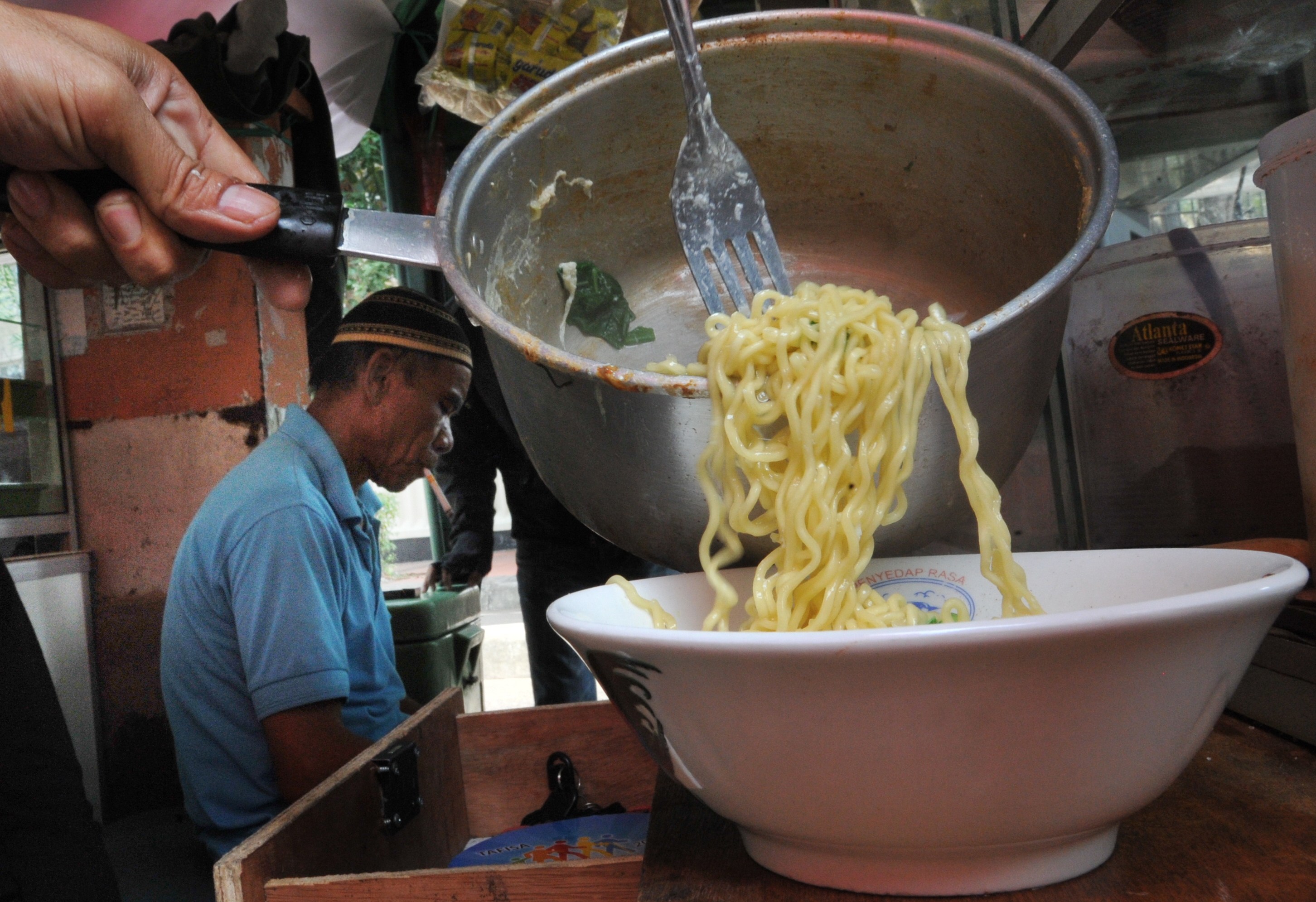By Aisyah Llewellyn
Copyright scmp

Indonesia’s beloved Indomie instant noodles are facing renewed scrutiny after Taiwanese regulators detected trace amounts of a banned carcinogen in a popular flavour variant.
Taiwan’s Food and Drug Administration (FDA) said it had found 0.1 milligrams per kilogram of ethylene oxide in the seasoning packet of the Soto Banjar Limau Kuit variety imported from Indonesia – a level deemed non-compliant under Taiwanese regulations, which prohibit any detectable presence of the chemical.
“The seasoning packet contained 0.1mg/kg of ethylene oxide,” the FDA said, adding that such levels breached its Pesticide Residue Tolerance Standards. “Ethylene oxide must not be detected.”
The findings have raised wider questions about the different regulations of ethylene oxide – a compound commonly used in industrial manufacturing and food sterilisation but classified as a carcinogen – and what it means for the safety of instant noodles that enjoy mass popularity in Asia and beyond.
What is ethylene oxide?
Ethylene oxide is a colourless gas most commonly used in manufacturing products like antifreeze.
According to Indonesian nutritionist researcher Nurfi Afriansyah, ethylene oxide is primarily used as a raw material for the production of other chemicals as well as emulsifiers, detergents and solvents.
“It is also widely used to disinfect medical equipment, especially components that would be damaged by heat sterilisation, and as a fumigant to disinfect food products, including spices,” he said.
“It is present in the environment from sources such as car exhaust, cigarette smoke, and industrial processes. It is also produced physiologically, therefore, all humans have background levels of ethylene oxide in their bodies.”
However, ethylene oxide is also technically classified as a human carcinogen.
“Ethylene oxide is genotoxic and a carcinogen, meaning it has been proven to cause cancer in humans. Chronic exposure is associated with an increased risk of cancer like leukaemia and there is evidence of reproductive effects and possible neurological disorders at higher exposures,” Muhammad Irwan Setiawan, a lecturer in nutrition at Indonesia’s Universitas Lambung Mangkurat, told This Week in Asia.
“Acute effects of ethylene oxide exposure include respiratory tract irritation, nausea and dizziness. Health effects from food residues are generally a matter of chronic, or long-term, exposure, not acute poisoning from a single consumption of very small amounts.”
Differing regulatory rules regarding amounts of ethylene oxide in food products have compounded the problem, according to Setiawan.
Taiwan, for example, requires that ethylene oxide “should not be detected” in relevant food products, thus rendering even traces – as in the case of the Soto Banjar Limau Kuit variety – as non-compliant. Hong Kong has similar regulations, while the European Union stipulates that the amount of ethylene oxide in food additives should not exceed 0.1mg/kg.
Meanwhile, in Indonesia, the maximum residue limit for ethylene oxide is 0.01mg/kg.
Safety of Indomie products
In general, Indomie products officially distributed in Indonesia have BPOM distribution permits and are not a danger to health, according to Setiawan.
In a statement last week, BPOM said an examination of the agency’s registration data revealed that the Soto Banjar Limau Kuit variety “has a distribution permit from BPOM; hence it can be sold in Indonesia and remains safe for consumption”.
The export of Soto Banjar Limau Kuit noodles to Taiwan was “suspected to have been carried out by a trader and not an official importer from the manufacturer, and was exported without the manufacturer’s knowledge”, the agency added.
Indofood, which produces Indomie, told This Week in Asia in a statement: “All instant noodles produced by the company in Indonesia are processed in compliance with the food safety standards set by BPOM and the Codex Standard for instant noodles.”
The company said it “continuously ensures” that all of its products complied with the food safety regulations and standards applicable in the destinations of export.
The health scare has prompted authorities elsewhere, such as in Hong Kong, to investigate whether any similar products with ethylene oxide have been imported.
Taiwanese authorities had in 2023 found that the white curry flavour of Ah Lai instant noodles from Malaysia also contained traces of ethylene oxide, while this is not the first time Indomie’s products have been flagged for food safety concerns.
In 2010, two prohibited preservatives, sodium benzoate and methyl p-hydroxybenzoate, were found in Indomie products in Taiwan, prompting a recall of the items from supermarket shelves. In 2023, Taiwan also discovered ethylene oxide in chicken flavour Indomie.
“We have a different standard than Taiwan. It is not a problem here in Indonesia, but because Taiwan has stricter regulations, they are more sensitive to this issue,” Budi Santoso, then director general of foreign trade, said in 2023.
Indonesians, however, appear unfazed by the latest noodle furore.
Fahmi has been the chef at the Ayah Husein cafe in the city of Medan for the past two years, and sells both the fried and soupy varieties of Indomie, which he accessorises with sliced cucumber, prawn crackers, pickled onions and scrambled egg.
“Indonesians like Indomie because the noodles are light, easy to cook, and tasty. You can also eat them any time,” said Fahmi, who like many Indonesians goes by one name.
“There are no time constraints for Indomie, we eat them for breakfast, lunch or dinner.”
While his cafe does not sell the Soto Banjar Limau Kuit variety of noodles, Fahmi says he is aware of the issues surrounding the Indomie brand.
“I have heard some health concerns about Indomie, but I still eat them. Growing up, we were always told not to eat them too often. I think maybe because some of the ingredients in the seasoning have chemicals in them,” he said.
“But we still go through two boxes per day here, which is about 80 packets. Customers love Indomie.”



